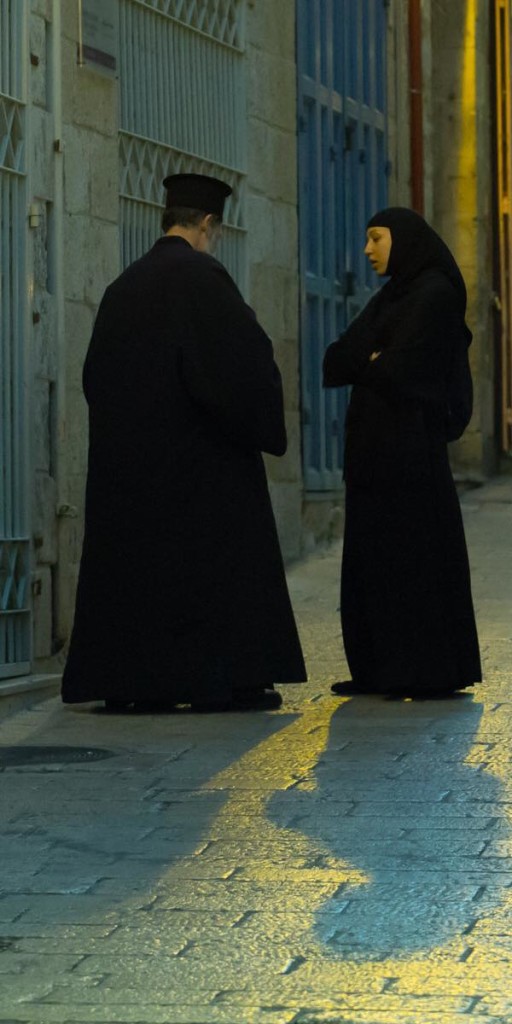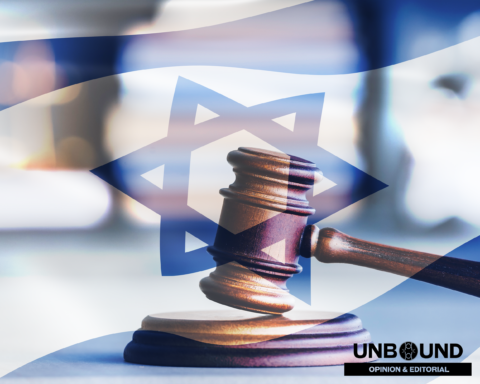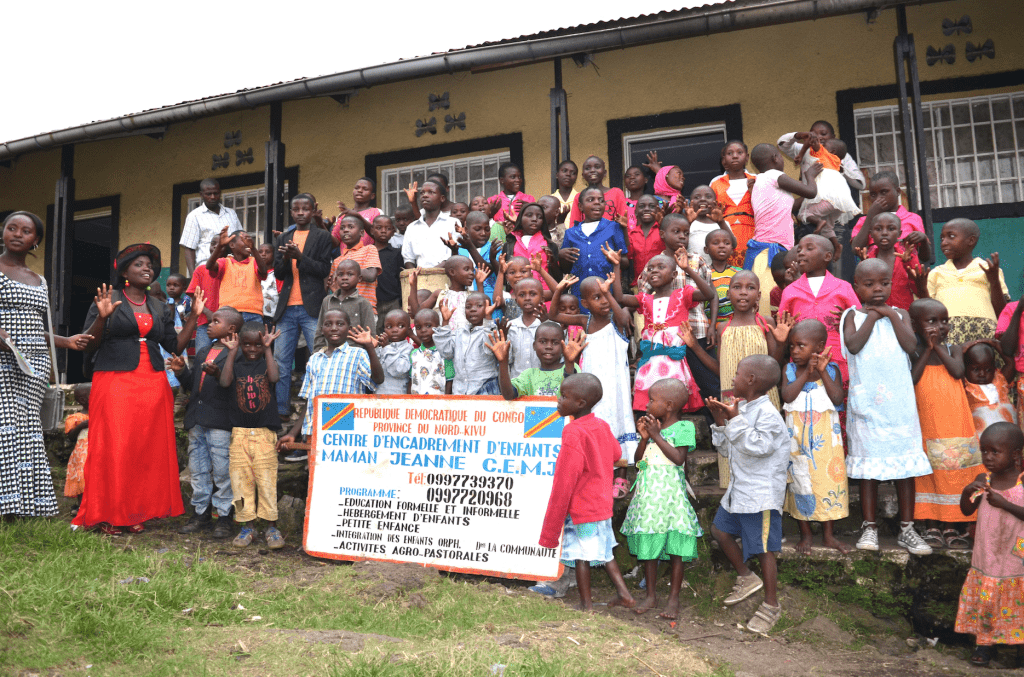In Defense of “Israel-Palestine: For Human Values in the Absence of a Just Peace”

In February of 2016, the Advisory Committee on Social Witness Policy (ACSWP) released its report, Israel-Palestine: For Human Values in the Absence of a Just Peace, in fulfillment of the mandate given it by the 221st General Assembly. Recently, Presbyterians for Middle East Peace (PMEP), a PC(USA) interest group, has produced a “Response and Rebuttal” to that report. While we think that their “Response and Rebuttal” reveals extensive and repeated misreadings of our report, misrepresentations of the arguments central to it, and the wholesale invention of positions we do not take, we welcome the attention. The complexity and importance of the situation in Israel-Palestine demand that all of us pursue the best wisdom of the whole church. We therefore encourage the Commissioners to the GA and all others concerned with the situation in the Holy Land to read our report, as well as PMEP’s response and rebuttal, and to discern for themselves how God is calling us to pursue justice, peace, reconciliation, and human dignity.
Readers should ask:
- Does the ACSWP report fulfill the mandate given by the 221st General Assembly?
- Do the report’s recommendations constitute a faithful way to witness against the violence and other abuses of human rights?
- Do our Christian and common human values provide a faithful and valuable lens through which to critique the events and trends in Israel-Palestine?
- Should the PC(USA) ground its work in Israel-Palestine primarily in values consistent with its mission or in prescriptions about the political configurations of other nations?
___________________________________________
Readers should ask: Should the PC(USA) ground its work in Israel-Palestine primarily in values consistent with its mission or in prescriptions about the political configurations of other nations?
___________________________________________

Photo: Presbyterian Peacemaking Program
The mandate from 221st GA is as follows:
A.) Provide a comprehensive history of the establishment of General Assembly policies favoring a two-state solution in Israel Palestine.
B.) Prepare a report to the 222nd General Assembly (2016) [which]
- Provides the most up-to-date information regarding all aspects of the Israeli occupation of Palestine including
- the present status and pace of illegal settlement building;
- the appropriation of Palestinian land and natural resources;
- the restriction of movement on Palestinian citizens in Palestine;
- the extent to which human rights are denied to the Palestinian people.
- Examines present General Assembly statements about the viability of a Palestinian state and honestly evaluates these statements in light of the most recent developments regarding the true facts on the ground in Palestine;
- Makes a recommendation about whether the General Assembly should continue to call for a two-state solution in Israel Palestine, or take a neutral stance that seeks not to determine for Israelis and Palestinians what the right “solution” should be.
- Makes other policy recommendations related to findings from this report.
We encourage readers to look especially at the recommendations in the ACSWP report, as the PMEP commentary does not discuss them. As befitting Christians in the Reformed tradition, our recommendations call for us to witness against injustice as a national organization, as congregations, and as individuals.
Here we note some of the more obvious points on which the PMEP piece misrepresents or ignores what is actually in our report:
Two-State Solution
The PMEP piece suggests that our report favors a one-state solution over two states, but the opposite is true. Our report does not reject the two-state solution, but rather recommends:

Photo Credit: Erin Dunigan
“B. For self-determination of peoples through democratic means, that: (1) members, ministers, and agencies would be encouraged to provide vigorous support if the Government of Israel and representatives of the Palestinians (Hamas and the Palestinian Authority, at present) come to an equitable agreement on a new political arrangement— possibly with two-sovereign states as envisioned at Oslo— advocating for it with the US government, at the UN, and in other public forums.”
The report makes numerous other favorable references to the possibility of a two-state outcome, although it notes the need for the peoples of the regions to determine a solution for themselves.
___________________________________________
Which populations in Israel-Palestine are suffering more violations of human rights? Which organizations there have the greater military, economic, and diplomatic power to change the situations that lead to the suffering?
___________________________________________
Our report’s single reference to the one-state possibility is negative: “Less attractive political possibilities abound, including two extremes in the one-state category: either a Jewish-dominated state that further oppresses the Palestinians, or a potential Arab/Muslim majority state that could conceivably subject Jewish Israelis to expulsion or subjugation.”

Our report does note that the developments in the last 23 years have made a path to a two-state solution more difficult. The rebuttal does not challenge our documentation. Our report cites opinions by leaders in Israel, like Netanyahu, and by others that the two-state option is unrealistic. The existence of such opinions is an inconvenient fact, but they do not determine what is possible.
Our report avoids going again into a discussion of the complex and varied combinations of jurisdictional arrangements and land swaps that might bring about one or another political solution. Such exercises over the years have served repeatedly to distract people from the ongoing violations of human rights. So we focused on the latter and what we might do about it.
Imbalances of Power and Human Rights Violations
The PMEP piece inexplicably complains that we overlook the violence of the Palestinians and that we give disproportionate attention to Israel’s violence. While our report recognizes human right abuses and suffering on all sides in this conflict, it focuses attention according to three basic realities:
- Which populations in Israel-Palestine are suffering more violations of human rights?
- Which organizations there have the greater military, economic, and diplomatic power to change the situations that lead to the suffering?
- How can we, as members of PC(USA) and citizens and taxpayers in the US, advocate to reallocate our nation’s resources so that they lessen rather than exacerbate the power inequality and the suffering?
In light of these criteria, we are compelled to recognize that:

Photo: Erin Dunigan
- In the last two decades, some Israelis have suffered from Palestinian violence, but Palestinians have suffered the deaths of many more civilians, including children, more injuries, more homes destroyed, more children arrested and detained, more people detained and humiliated on the way to jobs, doctors, and family.
- Although both the Palestinian and Israeli authorities have some capacity to address the situations that lead to suffering, the Israeli government has vastly more military, economic, and diplomatic power, which gives it much greater control in the situation. With greater power comes greater responsibility. The great imbalance of power and the resulting sense of impunity of the powerful has contributed significantly the worsening of human-rights conditions.
- The U.S. government, through cash assistance, military assistance, diplomatic support, and special tax advantages to favor Israel, has contributed substantially to the overwhelming power imbalance. While maintaining a militarily strong Israel provides external security, much of that power imbalance supports the occupation and generates mutual hostility and insecurity. Supporting a just peace means reducing our nation’s contribution to the power imbalance and by calling attention to the human rights abuses to which it has led. Our report aims to do that.
Other Examples of Misrepresentation in the PMEP Piece

Photo: Erin Dunigan
Zionism. PMEP complains about “repeated references to Zionist Judaism“, but a word search will show NO examples of such an expression in our report. We do discuss and reject Christian Zionism – a term which, contrary to claims in the PMEP report, we do define – which is a very different ideology, and not one favorable to the Jewish people or in line with our theology.
Theology and Human Rights. Although the PMEP piece criticizes our report for citing the United Nations more than scripture in its ‘Values’ section, our report actually includes over twice as many references to scripture as to the UN. In any case, the values held up in UN documents—like human rights and self-determination—seem to be faithful and useful parts of a theological approach to politics for 21st-century Presbyterians. Indeed, it is difficult to imagine a Reformed political ethics in which human rights and self-determination were not valued.
___________________________________________
ACSWP sympathizes with those who truly would like to see progress toward a two-state solution—not just as a discussion topic to distract from human-rights abuses—but we chose to focus our analysis and recommendations on how to reduce suffering in the possibly long interim until the parties arrive at a just political solution.
___________________________________________

Photo: Ray Roberts
BDS. Although the PMEP piece criticizes our report for advancing the BDS agenda—Boycott, Divestment, and Sanctions—our report does not align itself with a specific organization or agenda, nor seek to restrict the church’s witness. Because our report is favorably disposed to a two-state solution (though it is not our central point), our recommendations take care not to confuse non-violent witness against the occupation and settlements in the Palestine territories with BDS against Israel, which is in fact never mentioned in the report. The rebuttal alleges our support for a kind of BDS that could supposedly “destroy Israel” – that is false. Our report supports the policy of the PC(USA), which is above all to end the occupation, not to end Israel.
South Africa. Some South African (SA) leaders have labeled the Israel-Palestine situation as apartheid—most notably Archbishop Emeritus Desmond Tutu—and the Kairos Palestine document was inspired by and modeled on South Africa’s Kairos document, with a number of SA religious leaders championing its cause. In light of such claims, we felt obligated to take questions of such a comparison seriously. However, our report does not apply the apartheid label, contrary to claims in the PMEP piece. Rather, our report points out both differences and similarities between the Israel-Palestine situation today and that of South Africa 30 years ago. Moreover, the conclusion of our discussion of South Africa points with hope to how quickly the situation there changed in the early 1990s, from one of despair with no end in sight to a largely peaceful transition that replaced apartheid with democracy.
Conclusion

Photo: Bryce Wilson
ACSWP sympathizes with those who truly would like to see progress toward a two-state solution—not just as a discussion topic to distract from human-rights abuses—but we chose to focus our analysis and recommendations on how to reduce suffering in the possibly long interim until the parties arrive at a just political solution. Toward that end, we have offered a series of recommendations about steps that the PC(USA) can currently take. We note that the PMEP rebuttal says very little – if anything – about these actual recommendations. Yet if the ACSWP report is approved by the 222nd General Assembly, it is these recommendations that will be implemented as the concrete actions that the denomination will take. As such, we would urge all readers, including members of PMEP, to examine those recommendations (and, for that matter, any that they can find in the work of PMEP) especially closely.
Readers must determine for themselves which actions the denomination should take that are both consistent with its theology and its earlier statements on Israel-Palestine and attentive to the facts on the ground in a land that is both holy and suffering.
*****
Read ACSWP Report 8-06: Israel-Palestine: For Human Values in the Absence of a Just Peace.






Unbound Social